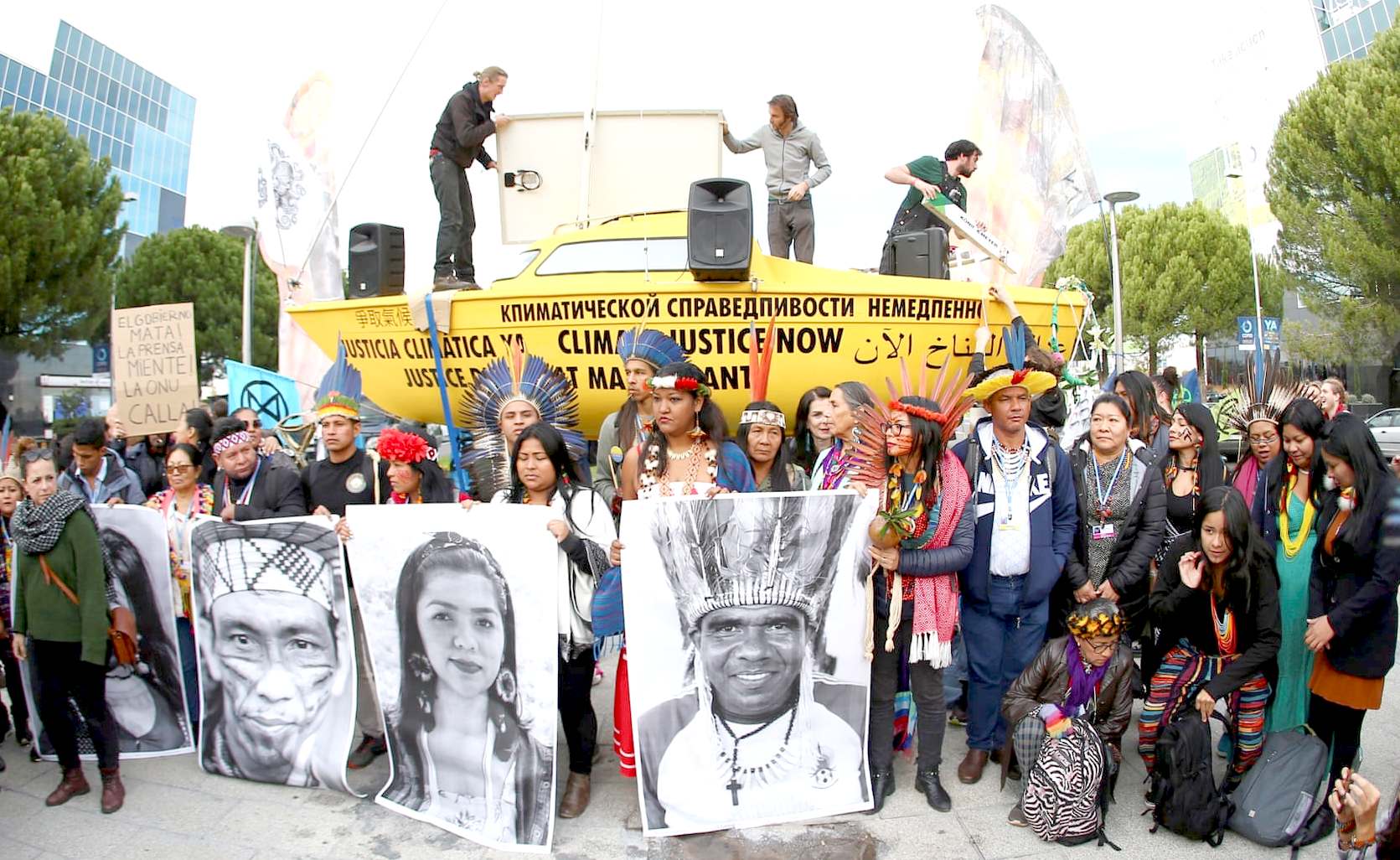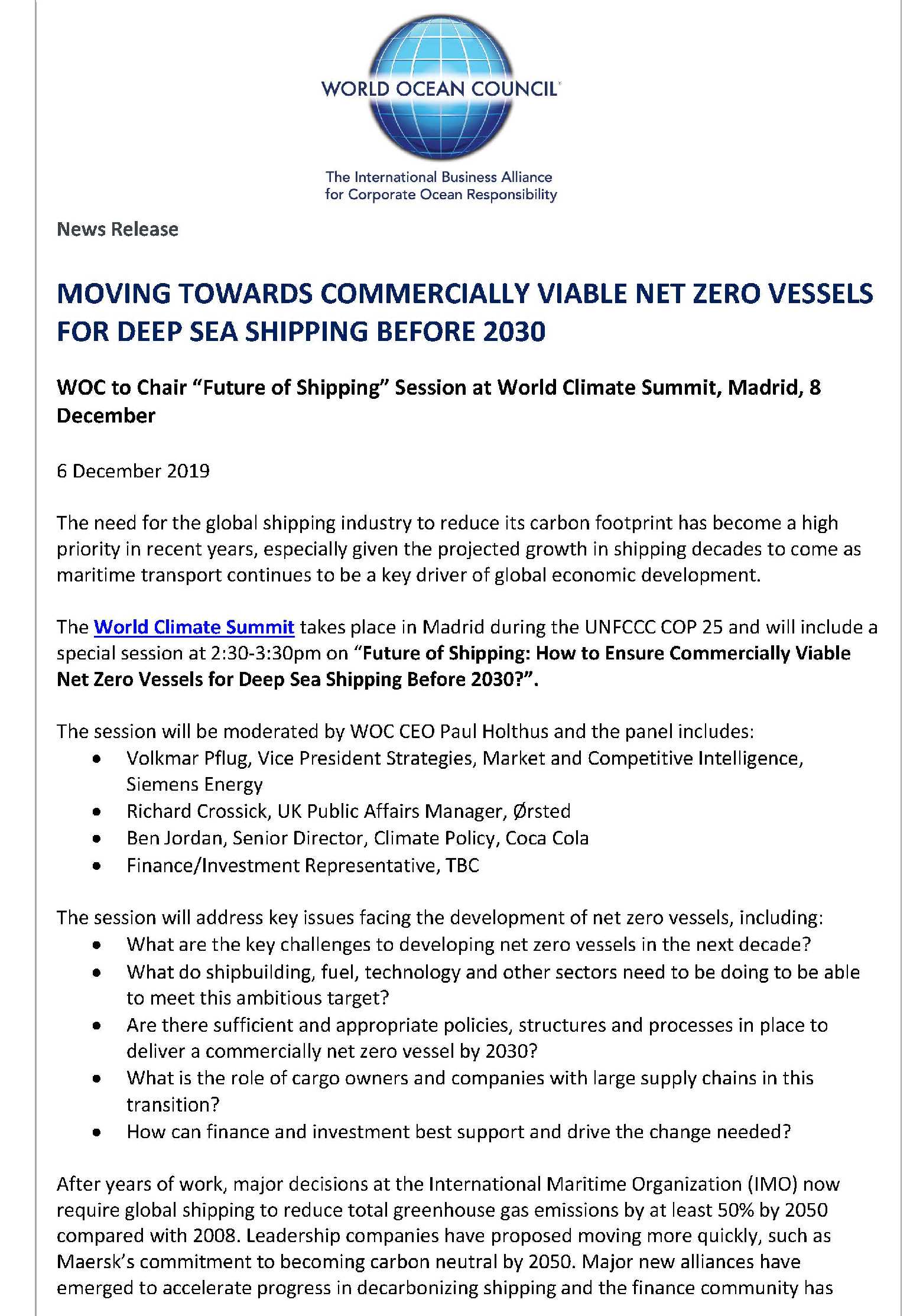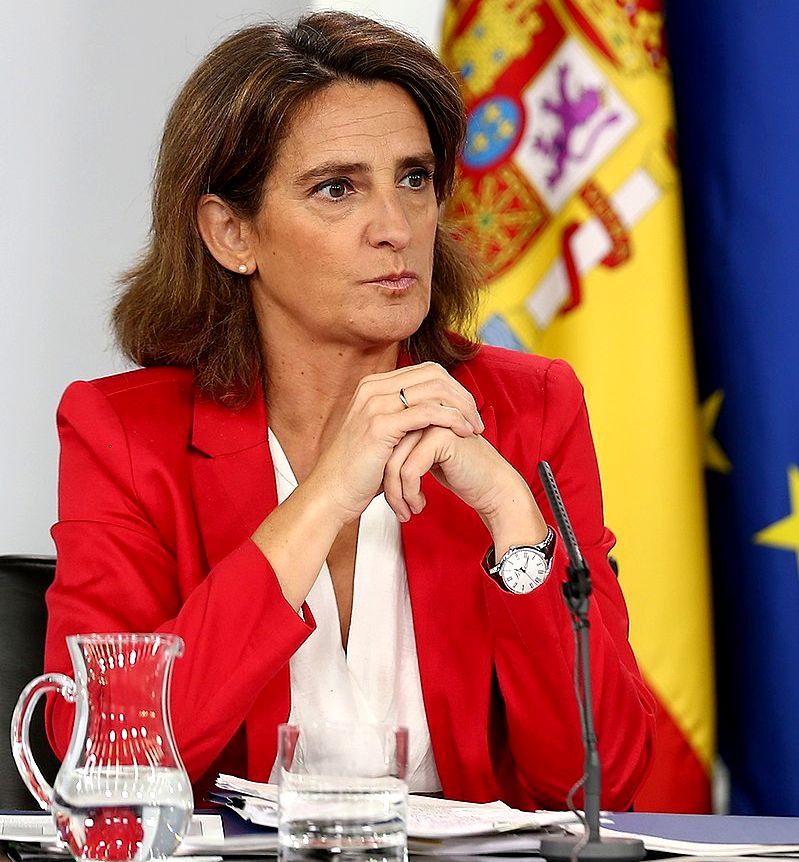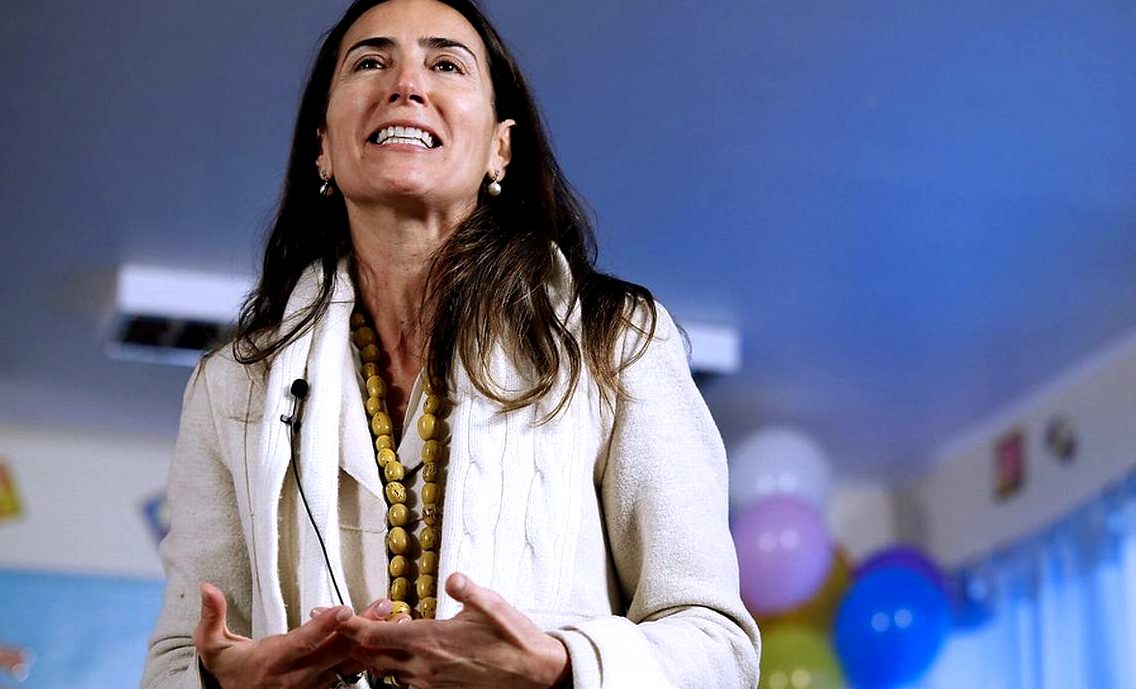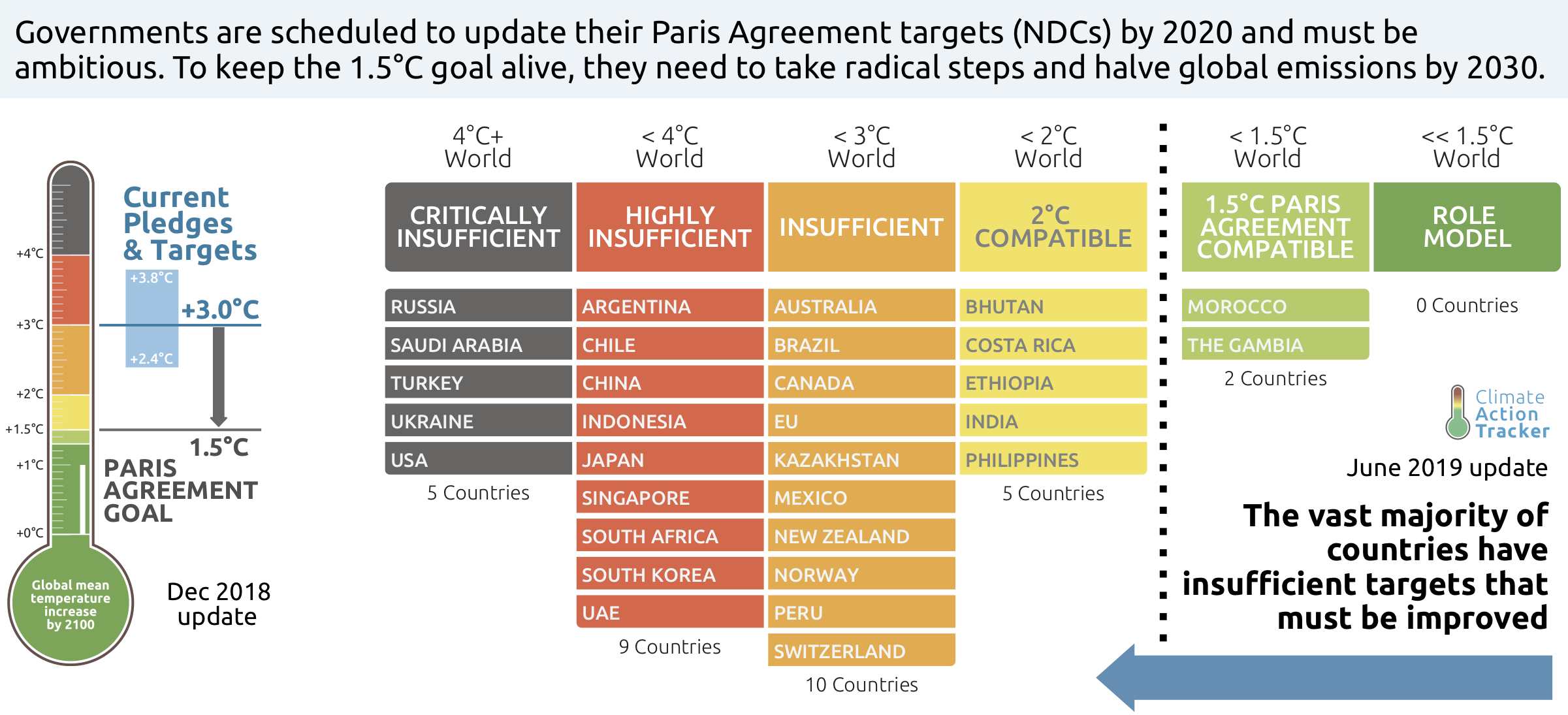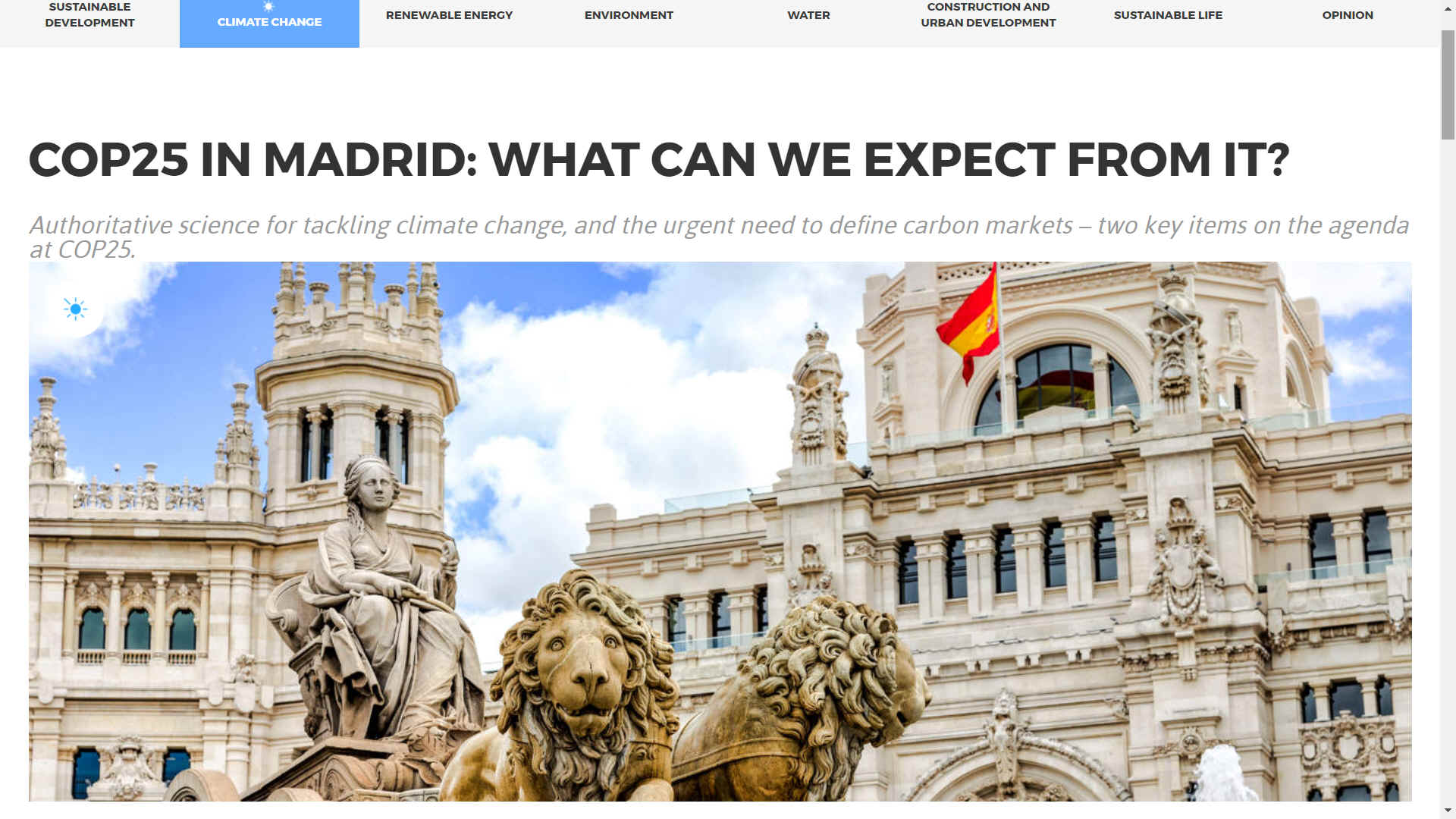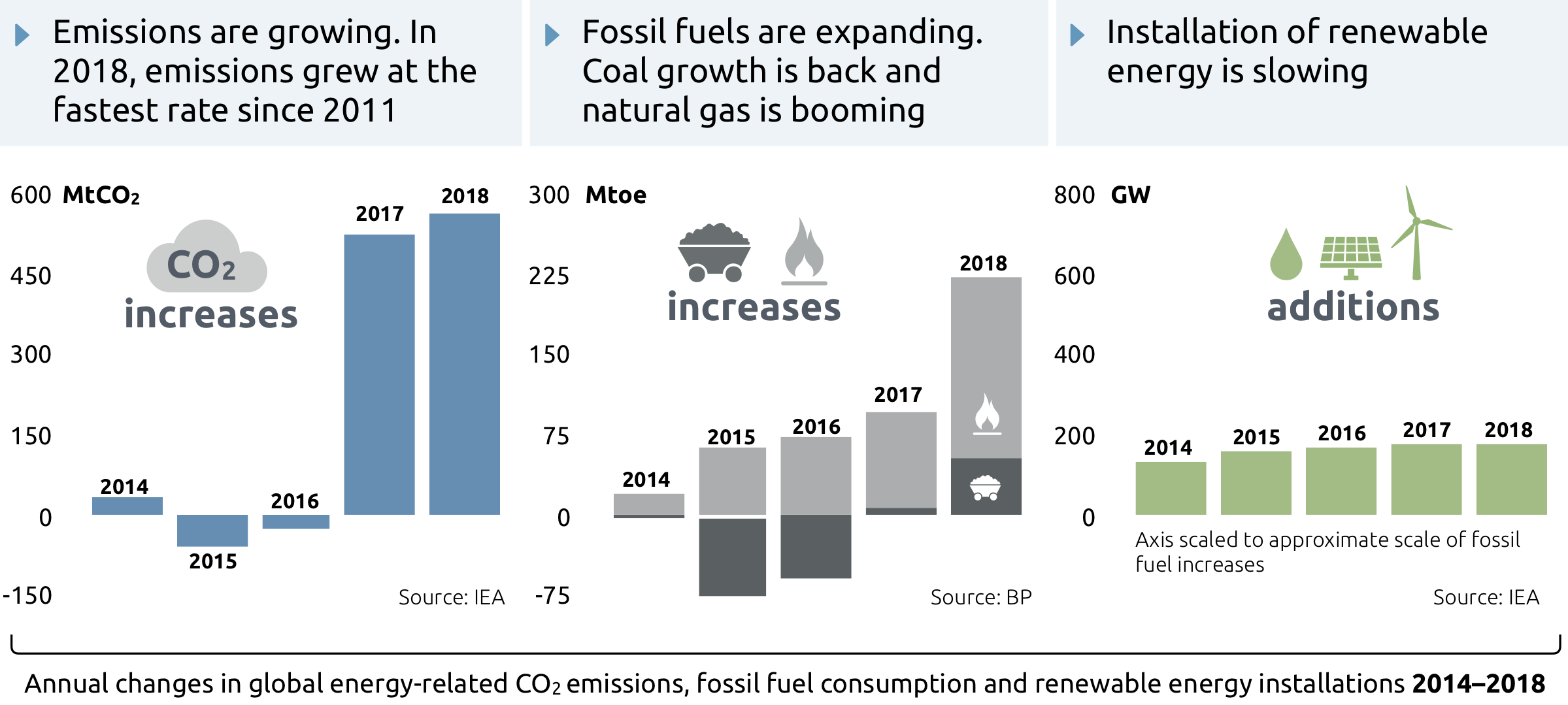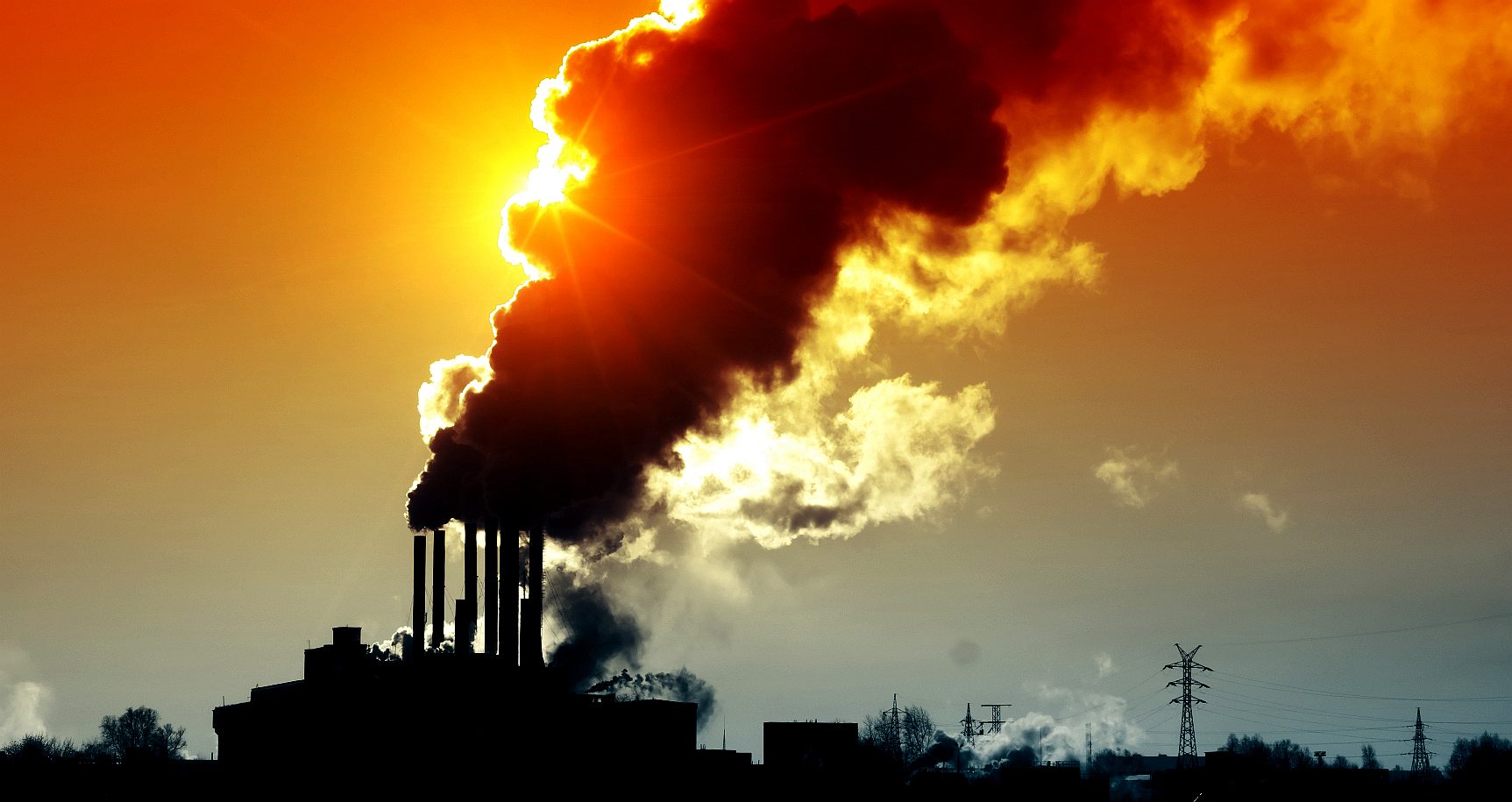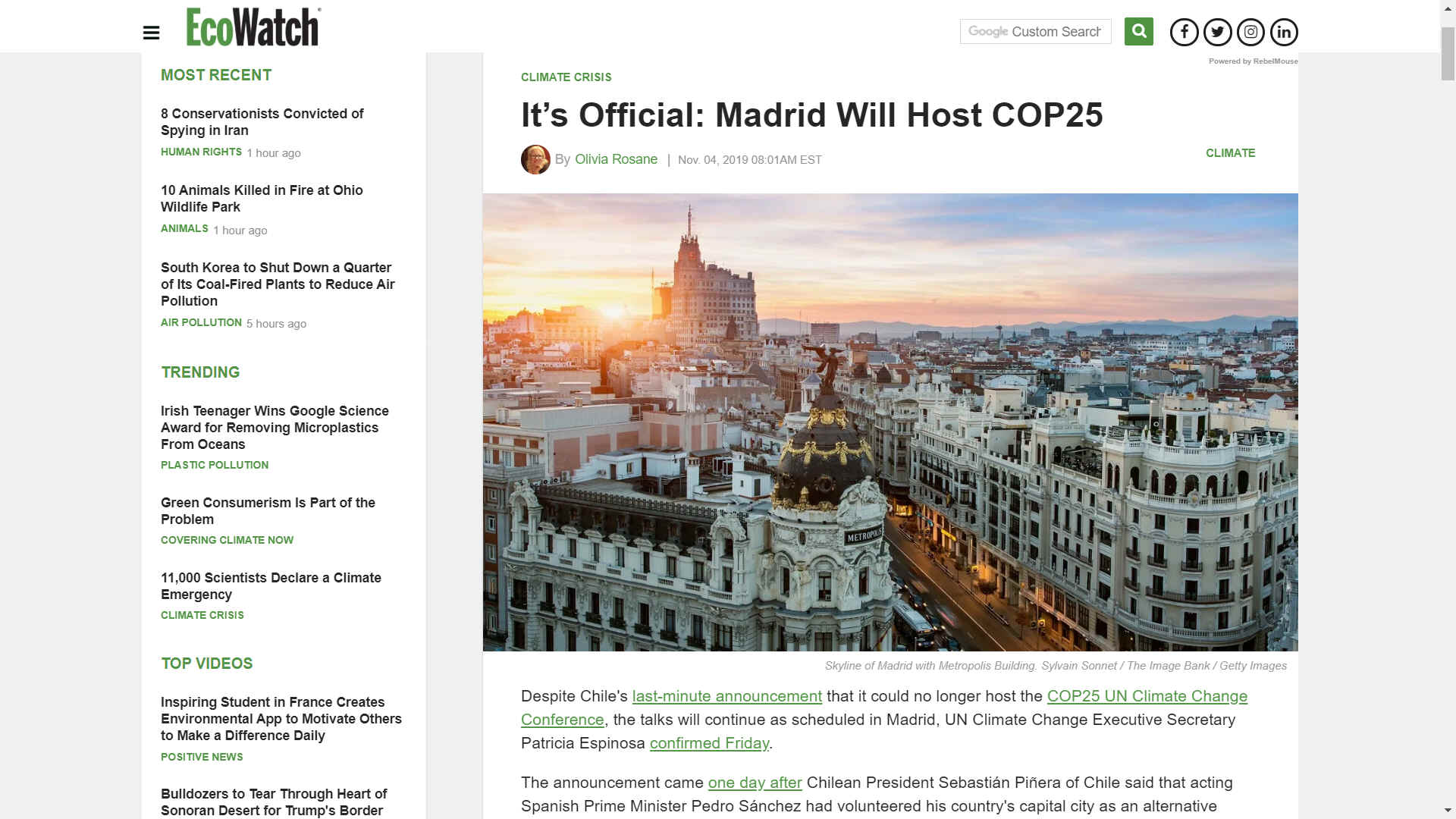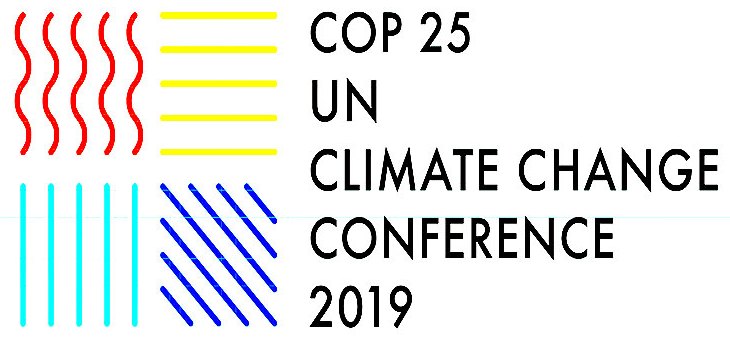|
COP OUT Madrid, SPAIN 2019
Please use our A-Z INDEX to navigate this site where page links may lead to other sites
|
||||||||||||||||||||||||||||||||||
PROFITING FROM SUFFERING - Given that billions of dollars worth of indulgences are at stake for big countries like China and Brazil, this is a huge issue for those with large stakes in oil and coal. You might see this as a way to avoid taking domestic action. In this case the hysterics are correct. It's not just the energy companies, it is also the car makers, ship builders and aircraft operators. Wow! No wonder we are in the brown stuff.
There are other huge issues of wealth transfer either on the table in Madrid, or hoping to get there.
The developing countries want to see some evidence that the promised $100 billion a year in bribes from the developed countries will actually begin next year (it will not). The promises for emission reduction by the developing countries are predicated on that big money coming. The hysterics could care less about who pays for what. Funding is not part of their grand plans, like the Green New Deal. Though, such payments would allow those suffering to build their own zero carbon infrastructure. To shame the climate bullies and criminals.
Then there is the lumbering giant slowly approaching the Madrid table, the giant whose stage name is Loss and Damage. The giant’s real name is Compensation. This is the idea that the developed countries should compensate the developing ones for all the future damages due to human caused climate change. In practice this probably means pretty much all bad weather, all sea level rise, etc. The official estimate here is $400 billion a year but that could easily grow.
The last time the giant was on the table, it was exiled to a study-like limbo. But that study has now ended, so the biggest issue of all may find its way back to the table. What happens then is anybody’s guess.
What we need is new law: THE PLANET EARTH ACT 2020
U.N. Climate Talks End With Little Agreement
Blue COP
Blue COP is a way to convey the close links between the health of the climate and the health of the ocean. The recent Special Report on the Ocean and the Cryosphere in a Changing Climate by the Intergovernmental Panel on Climate Change (IPCC) outlined the impacts of climate change on the ocean and the resulting implications for low-lying areas and coastal communities.
What happened in week one?
..
HMMMMM - How did this happen. I wonder what will happen in the UK next year with Boris Johnson at the helm? It is going to be difficult for any nation to change from a political growth strategy to appease the voting public, to a sustainable strategy in balance with nature. The irony is that most voters do not understand the science, they only understand tax breaks and services.
.....
GIVE ME STRENGTH - It's enough to make you want to leave politics and join the protestors. Exploitation of planet earth can only go so far, as with exploitation of the masses - before revolt. In the case of planet earth, it is inanimate and cannot riot, the planet quietly accepts abuse that politicians love, because there is no fingerprint to link them to the crime.
Recovery will take a long time during which there will be great suffering. We only hope that extends to the leaders who brought us to the brink. In terms of the Planet Earth Act 2020, politicians who profiteer, might be subject to confiscation orders, where they are seen to have profited by exploitation. Vote for leaders who at least try to make things right. We thus need greater transparency, more investigation as to non-disclosure of interests, and prosecution of those who fail to make these all important declarations, or who make misleading declarations.
..
-
....
NOT MUCH AS IT TURNS OUT - The good news is that Spain came to the rescue with a venue. The bad news is that they might as well have stayed at home where the big players actually came to play for time to keep on exploiting the other nations and species at risk.
MONKEY BUSINESS
.....
COP HISTORY
BLUEBIRD MARINE ZEV - A prototype 50 meter container ship for long range routine inter-island provisioning in the Pacific Ocean and sustainable (eco) cruising in the Caribbean and Mediterranean Seas. If this vessel performs as expected, the age of zero carbon shipping is within our grasp - we could be about to enter the zero emission cruising era free of gases for fuel, subject to development of the concept.
SIX STEPS TOWARD A COOLER PLANET
1. TRANSPORT: Phase out polluting vehicles. Government aims to end the sale of new petrol, and diesel vehicles by 2040 but have no infrastructure plan to support such ambition. Marine transport can be carbon neutral.
2. RENEWABLES: Renewable energy should replace carbon-based fuels (coal, oil and gas) in our electricity, heating and transport.
3. HOUSING: On site micro or macro generation is the best option, starting with new build homes.
4. AGRICULTURE: We need trees to absorb carbon emissions from a growing population, flying, and to build new homes. Reducing food waste and promoting less energy intensive eating habits such as no meat Mondays.
5. INDUSTRY: Factories should be aiming for solar heating and onsite renewable energy generation.
6. POLITICS: - National governing bodies need to adopt policies to eliminate administrative wastages, to include scaling down spending on war machines, educating the public and supporting sustainable social policies that mesh with other cultures.
UN CLIMATE ACTION PORTFOLIOS
1.
Finance
SPAIN - One cannot blame anyone for wanting more urgent action to combat the rising temperature of planet earth. 2018 saw energy-related emissions reach yet another historic high after significant net greenhouse gas increases, 85% of which came from the US, India and China. Coal reversed its recent decline and was responsible for over a third of CO2 emissions. At the same time there was a huge 4.6% surge in natural gas CO2 emissions and an associated rise in atmospheric methane. This, plus a stagnation in the number of renewable energy installations, make it clear that governments must do a lot more to address the climate crisis.
DESERTIFICATION COP HISTORY
BIODIVERSITY COP HISTORY
IT IS KILLING US - The fastest developing countries are in love with oil and coal. All countries that are not pulling back are responsible for the deaths of millions of animals around the globe. They are also melting our ice caps and raising sea levels, without any serious thought for the consequences.
LINKS & REFERENCE
https://foreignpolicy.com/2019/12/15/decisions-delayed-un-climate-talks-madrid-cop25-carbon-market-emissions-reductions/ https://www.theguardian.com/environment/2019/dec/09/cop25-climate-summit-what-happened-during-first-week
|
||||||||||||||||||||||||||||||||||
|
This website is provided on a free basis as a public information service. copyright © Climate Change Trust 2019. Solar Studios, BN271RF, United Kingdom.
|
